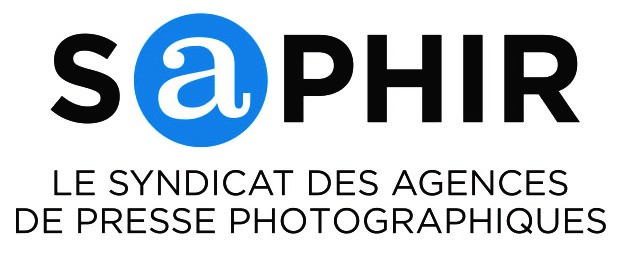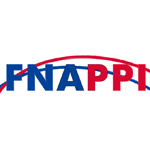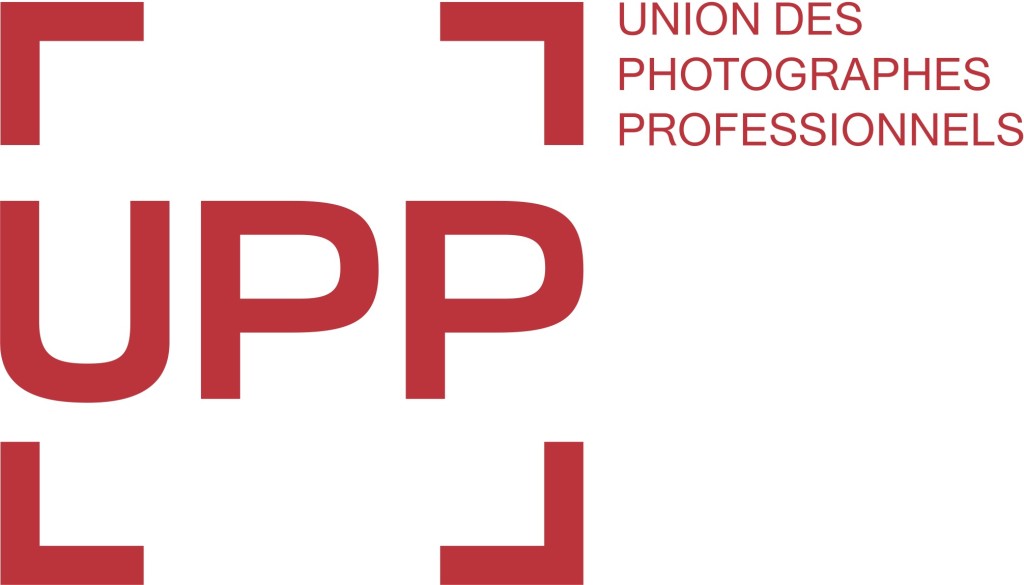The International Federation of Reproduction Rights Organisations (IFRRO), at its Annual General Meeting in Amsterdam, agreed on the need to urge the European legislator to address the legal uncertainty caused by the recent rulings of the ECJ on links and application of framing and embedding technology for displays and reuse of protected works already made available on the world-wide-web.
In its decisions in the cases Svensson1, Best Water2 and GS Media3 the Court developed an interpretation of the making available right which leads to the factual exhaustion of the making available right. The ECJ ruled that once a work was made available in the internet with the consent of the author, it may be displayed elsewhere on the internet if framing or embedding technology is used without the author’s consent.
This interpretation – referring to a “new public“ test is clearly in conflict with the expressed aim of the copyright acquis communautaire to guarantee a high level of protection of authors’ rights in the online environment. As a consequence of the decisions, licensing and obtaining licenses is only possible when technical protection measures are applied.
Authors can now only agree on licensing agreements with Cultural Heritage Institutions ( CHI), which are protected against framing. Without such protection they would not be able to enforce their copyright against framers and lose all control over subsequent uses of their works.
We therefore ask for a clarification of the making available right in article 3 Directive 2001/29 confirming that each display of a protected work is an independent act of making available, regardless of the technology applied. This clarification is an indispensable precondition for the efficiency of measures facilitating licensing agreements for CHI collections.
About IFRRO :
IFRRO has 144 members in 80 countries, representing the creative and publishing communities. The creative industries and the cultural sector are fundamental to the digital economy, and pivotal in sustaining national culture and cultural identity.
















